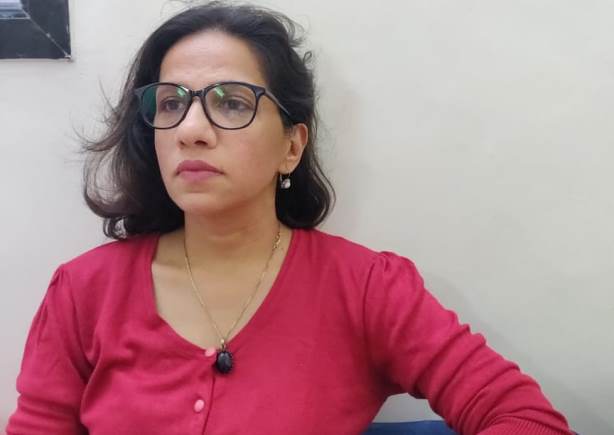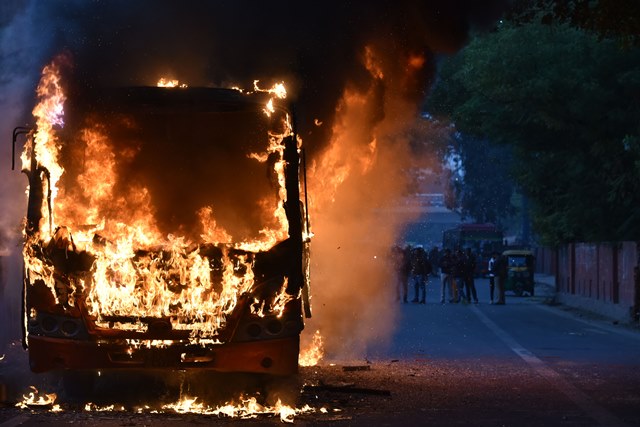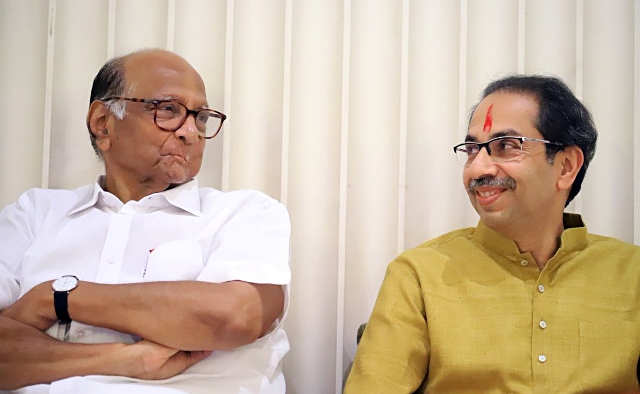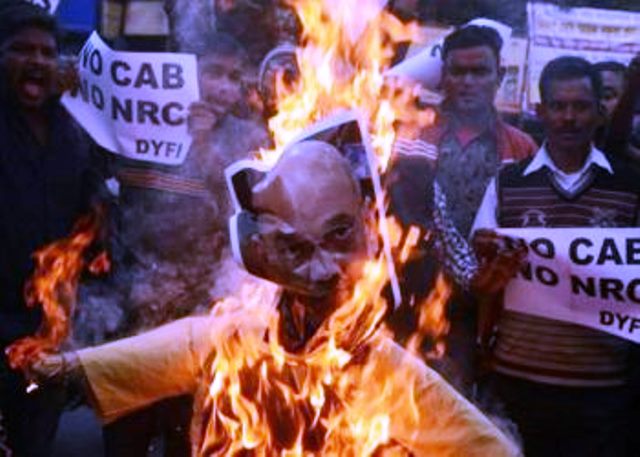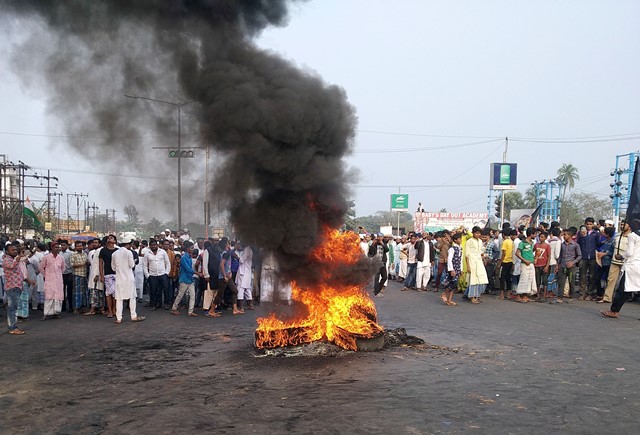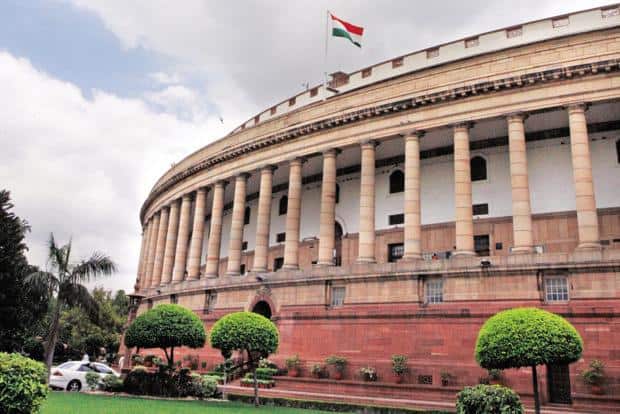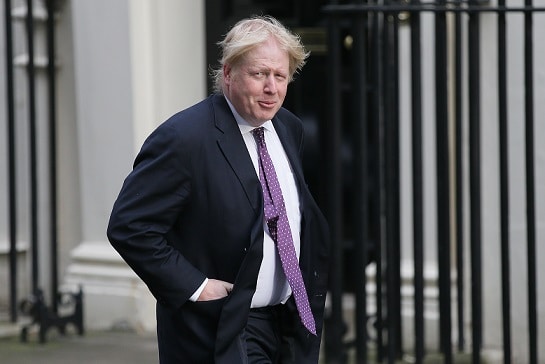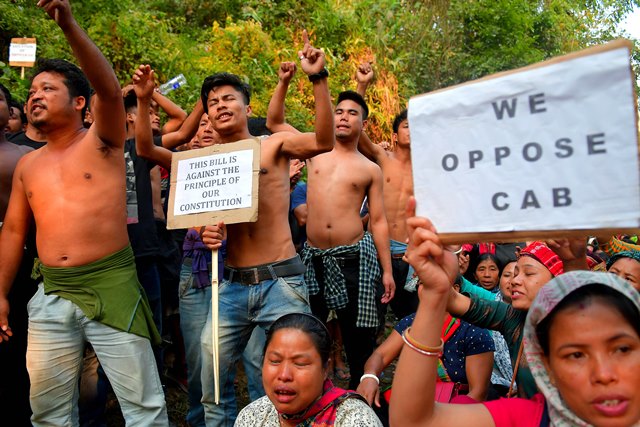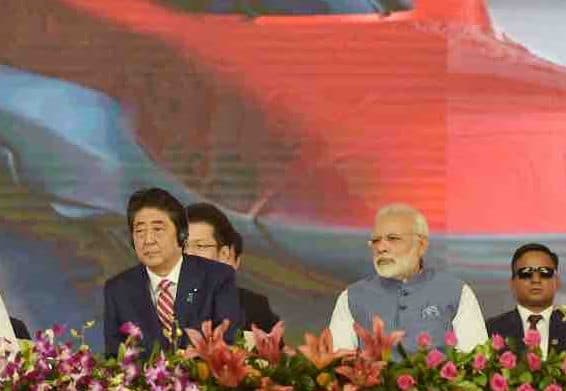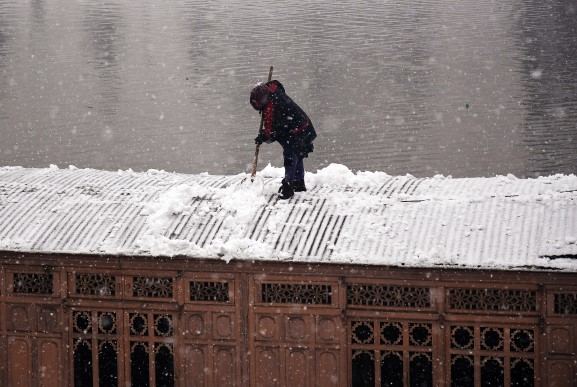The fires burning in the country are increasing and spreading. Assam has
been added to the unnecessary and dangerous challenges ignited by our leaders.
In the last column by the writer on Citizen Amendment Bill (CAB) the concluding
paragraph stated “Amit Shah is playing with fire. It is a simmering volcano with which he
is playing a dangerous game. It might flare up, and the cost in terms of social
division and possible violence and strife will be infinite.”
This a classic and dark
irony. Something the world could so transparently witness, was missed by both the
home minister and his leader, the prime minister of India. In a party rigidly controlled
by the two, with the rest as total loyalists without an identity or voice or
opinion, and in a government where the bureaucracy is as Kafkasque and
invisible in exercising its power as commanded by the Dear Leader and Great
Helmsman from Gujarat, this too is a typically predictable scenario. Now,
certain insiders within the party and the government are whispering in murmurs
that “this was an error in judgement, a big mistake, that they did not
anticipate it”. Despite this, they seem to be confident that the protests will
fade away in 24 or 48 hours.
This is exactly what they
thought about Jawaharlal Nehru University (JNU) since February 2016 when the
cops arbitrarily entered the campus for the first time since 1983 and picked up
the then JNU Students Union president and two brilliant PhD student from the
Centre of Historical Studies, and the regime went on a clampdown in a campus
which has a great history of peaceful, militant, non-violent intellectual and
political dissent.
They went ahead and did
the same clampdown in Kashmir, albeit in a scale unprecedented in independent
India, as if it is a war against its own people. They arbitrarily abrogated
Article 370 and 35Awithout any
discussion or debate, put all mainstream ‘nationalist’ political leaders in
detention, including three former chief ministers, top businessmen, civil
society leaders, lawyers and teachers, including young children, packed the streets with tens
of thousands of armed troops and armoured vehicles at every five feet in
Srinagar and in the rest of the Valley, blocked internet and all phone lines,
de facto denied the freedom to gather or publish news with government
propaganda handouts ruling the roost, stopped opposition leaders, foreign
diplomats and foreign journalists at the Srinagar airport, declared an
undeclared curfew, and put the entire
valley under a kind of occupation and siege only witnessed in Palestine in
recent times. On top of it, they said, routinely: “Everything is normal.”
Both JNU and Kashmir defied
this fake state of normalcy in what was clearly an obvious state of
‘state-sponsored abnormalcy’. While eminent academics, writers, celebrities,
former student leaders, civil society luminaries from India and abroad debated
‘nationalism and the idea of the nation-state at the Freedom Square in the JNU campus’,
universities from across India, from Hyderabad Central University (HCU),
Aligarh Muslim University (AMU), Jadavpur University (JU), Jamia Millia
Islamia, Delhi, Presidency College, Kolkata and Calcutta University, Allahabad
University (AU) to the Film and Television Institute of India (FTII), itself on
a 139 day fast against the takeover of this prestigious institute by a generally
considered failed BJP TV actor, among others, including students in Kerala and
Pondicherry, united in solidarity and struggle. Students and faculty in
Cambridge, Sussex, SOAS, California and Canada held protests in solidarity.
JNU became a national and
international issue, and Kanhaiya Kumar, till then, unknown, became a super
star and national icon of rebellion and resistance, with millions listening to
his speech after his release from jail, while even the sold-out ‘Godi Media’ was
forced to relay his speech ‘live’, as that of arrested Ph.D scholars Umar
Khalid and Anirban Bhattacharya later.
Truly, you have to give
the credit to the prime minister, his then illustrious HRD minister, and his
loyalist vice-chancellor in JNU, and his strategic thinkers, for creating a
volatile issue where there was none. Clearly, the same thing happened with the ‘Kashmir
Model’, which they have now overplayed in abject overconfidence and masculine
arrogance in delicate and porous border states like Assam and the Northeast,
where the ethnic mix, combined with a troubled, restless and unresolved
historical legacy between multiple indigenous and other communities, including
tribal groups and insurgencies, have made the society a tender tinderbox of
sorts; that is, if you rub it the wrong way and push the wrong button, however
remote it may seem.
Amit Shah did exactly the
same thing and he is now facing the fire which does not seem to be getting
extinguished in the near future. Did he not listen to the local leadership, the
intelligence bureau, the regional think-tanks? Did they not sense the mood on
the ground which was as clear as daylight since they introduced CAB earlier
which was vehemently opposed in Assam and the entire Northeast? Can’t they hear
any other voice except their own?
Now, the entire Assam is
burning and a muscle-flexing Amit Shah does not even have the courage to visit
Shillong or Tawang. In an embarrassing move which the world is watching, the
Japanese prime minister has cancelled his visit to India and Guwahati, and two
top ministers in an angry Bangladeshi government too have refused to come while
openly expressing their displeasure over Amit Shah’s comments that minorities
are persecuted in Bangladesh (and let us not forget the vicious term of
‘termites’ used by him earlier implying Bangladeshi citizens).
Several countries have
advised their citizens not to visit India—even as beautiful and tragic Kashmir
remains out of bound for Indian and foreign tourists for obvious reasons. At
least two top US bodies have taken strong note of the discriminatory CAB, and
one has gone to the extent of seeking sanctions against Amit Shah. This is
embarrassing and shameful, to say the least.
Besides, neither the
‘Gujarat Model’ nor the ‘Kashmir Model’ seems to be working in Assam and its volatile
neighbourhood. Even Meghalaya and Arunachal Pradesh have exploded – both
drawing tens of thousands in protests on the streets. They have taken troops
from Kashmir to Assam, in a perverse show of ‘Unity in Diversity’; they have
declared curfew, internet blockades, shuts shops, schools, colleges, airports,
bus-stands and streets with flag marches and
barricades, but millions have thronged the street in militant defiance
in all parts of Assam. It’s like an endless, unceasing flood of resistance.
The office of RSS was
burnt in one place, the homes of MPs and MLAs of the BJP and Asom Gana Parishad
are being attacked; BJP and AGP leaders are resigning in protest; and even the
Assam chief minister himself was holed up in the Guwahati airport for several
hours because he could not face the protesting people on the streets. A press
conference he had called was boycotted by the entire press in Assam while a TV
channel’s office was attacked by the police. Top artists and citizens,
including legendary filmmaker Jahnu Barua, are returning their awards or
withdrawing their work from official functions. If this is not a mass movement,
what is?
Several chief ministers
of various states have wowed to not implement the National Register of Citizens
and CAB in their states. In a landmark departure, the Left Democratic Front and
United Democratic Front, along with other groups, are holding joint protest in
Kerala, while the anti-CAB protests are being taken to the deepest interiors of
the districts in the state. In Bengal, both the NRC and CAB have been rejected
in toto by the government and the people. In AMU, 30,000 students have gone on
fast, defying FIRs and police action. In Jamia, there are pitched battles with
the students with several students injured and the police actually doing
stone-pelting. Soon, inevitably, other campuses will join.
If this is normalcy, then
Amit Shah surely has got his dictionary wrong. Indeed, for him, not only are the
chickens coming home to roost, even the ‘termites’ seem to be returning back to
demand their fundamental rights. The fact is that a draconian, discredited,
discriminatory bill will not be allowed to be pushed into the people’s throats,
even by a dictatorial regime camouflaged in democracy. And there are all signs
to prove that.
It’s still time to reach out for consensus and become a flexible partner in a secular, plural democracy, instead of muscle-flexing all the time based on the doctrine of ‘my way or the highway’. The prime minister should intervene to stop the fires, withdraw the bill, go for consensus, listen to multiple voices in the Northeast and across India, and not push a socially polarizing and communal agenda which is so brazenly anti-constitutional, and so blatantly xenophobic, that it will surely push the entire country to the brink.
Don’t play with fire, mothers would say to their children. Now that students and youngsters are on the streets, the elders should heed and remember this prophetic childhood doctrine. If you play with fire, your hands too would burn. And, finally, the nation will suffer, the nation will burn.
